Sodium Nitrophenolate
Sodium Nitrophenolate Specification
- Shelf Life
- 2 Years
- Application
- Agriculture, horticulture, used as plant growth promoter
- Smell
- No significant odor
- EINECS No
- 212-532-4
- Ingredients
- Sodium Nitrophenolate
- Melting Point
- about 90C
- Shape
- Crystalline
- Appearance
- Red crystalline powder
- Properties
- Plant growth regulator, increases plant resistance to adverse environment, accelerates cell division
- Ph Level
- 8-10 (1% solution)
- CAS No
- 824-39-5
- Storage
- Store in cool, dry place, keep container tightly closed
- Purity
- 98%
- Physical Form
- Powder
- Solubility
- Soluble in water
- HS Code
- 29309099
- Structural Formula
- O=N(O)-C6H4-ONa
- Product Type
- Chemical
- Molecular Formula
- C6H4NNaO3
- Grade
- Technical Grade
- Density
- 0.9 Gram per cubic centimeter(g/cm3)
- Usage
- Foliar spray, soil drench, seed soaking
- Taste
- Odorless
- Dose Recommendations
- 20-100 mg/L, depending on crop
- Compatibility
- Compatible with most fertilizers and agrochemicals
- Formulation
- Available in pure and formulation with other plant growth regulators
- Disposal Method
- Dispose of in accordance with local regulations
- Packing
- 25 kg fiber drum or as required
- Transport Regulation
- Not regulated as dangerous goods
- Hazard Class
- Not classified as hazardous
- Moisture Content
- 1.0%
- EC Number
- 212-532-4 (matches EINECS)
- Light Sensitivity
- Store away from direct sunlight
- Effectiveness
- Enhances root and shoot growth, improves yield
- pH Tolerance Range
- 6-12
- Stability
- Stable under recommended storage conditions
- Biodegradability
- Readily biodegradable
About Sodium Nitrophenolate
Atonik is widely used as plant growth promoter throughout the world. It is strong cell agent, infiltrate rapidly into the plant body, offer the activity greatly to cell, to promote cytoplasm circulation, accelerate growth speed, break dormancy, make roots & sprouts stronger, raise the absorption of nutrients so can make them bloom and fruit in advance, enhance immunity of plants, regulate hormones in plant body of auxine, cytokinin, ethylene, G A in the plants which can balance the reproductive & nutrition growth. It has a capacity against adverse circumstances such as drought, flood and coldness also relieve the toxicity. It increases the quality and quantity with most favorable results It widely used in food crops, cash crops, vegetables, fruits, oil crops & flowers.
FAQs of Sodium Nitrophenolate:
Q: How should Sodium Nitrophenolate be applied for effective plant growth regulation?
A: Sodium Nitrophenolate may be used as a foliar spray, soil drench, or for seed soaking. The recommended dosage is 20100 mg/L, depending on the crop and intended outcome. Ensure thorough mixing in water for optimal solubility and plant absorption.Q: What benefits does Sodium Nitrophenolate offer to crops and plants?
A: This product stimulates root and shoot growth, accelerates cell division, and enhances yield. Additionally, it increases the plants resilience to stress factors such as drought, soil salinity, and other adverse conditions, resulting in healthier and more productive crops.Q: When is the appropriate time to use Sodium Nitrophenolate during crop management?
A: It is best used during early growing stages or at key developmental points to maximize root and shoot proliferation. Application timing may vary based on crop type, but early intervention generally supports better plant establishment and productivity.Q: Where should Sodium Nitrophenolate be stored to maintain its stability and quality?
A: Store the product in a cool, dry place away from direct sunlight, with the container tightly closed. Following these guidelines preserves its quality, effectiveness, and chemical stability for up to two years.Q: What is the process for disposing of Sodium Nitrophenolate after use or expiry?
A: Dispose of any unused or expired product in accordance with local environmental regulations. Sodium Nitrophenolate is readily biodegradable, but proper disposal ensures safety and compliance with regulatory requirements.Q: Is Sodium Nitrophenolate safe to use with other agricultural chemicals and fertilizers?
A: Yes, it is compatible with most fertilizers and agrochemicals, allowing for flexibility in integrated crop management systems. Always conduct a small compatibility test if mixing with new or untested products.Q: What are the physical and chemical properties of Sodium Nitrophenolate?
A: Sodium Nitrophenolate is a red, odorless crystalline powder with a molecular formula of C6H4NNaO3. It has a pH (1% solution) of 8-10, a density of 0.9 g/cm, a melting point around 90C, and is highly soluble in water.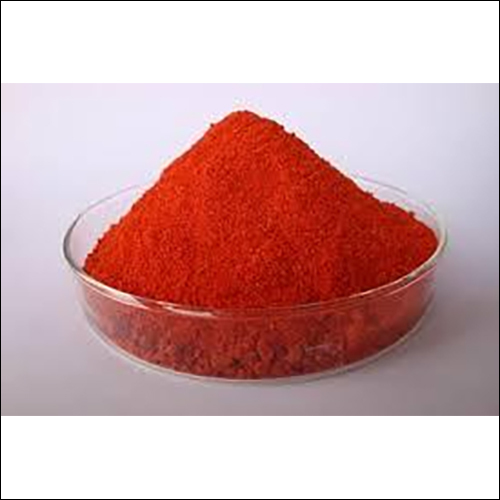

Price:
- 50
- 100
- 200
- 250
- 500
- 1000+
More Products in Agro Chemicals & Fertilizers Category
Super Potassium Humate
Purity : 98% min (Solubility)
Physical Form : Other, Powder / Flakes / Granules
Solubility : 100% water soluble
HS Code : 38249990
Grade : Agricultural Grade / Industrial Grade
Molecular Weight : Exact figure varies (approx. 474 g/mol)
Amino Acid Powder
Purity : Typically 98%
Physical Form : Powder
Solubility : Soluble in water
HS Code : 29224110
Grade : Food grade pharmaceutical grade
Molecular Weight : Varies (e.g. 131.17 g/mol for Leucine)
Fulvic Acid Powder
Purity : 85%
Physical Form : Powder
Solubility : Highly soluble in water
HS Code : 38249910
Grade : Agricultural Grade
Molecular Weight : 316.24 g/mol
Organic Humic Acid Powder
Purity : 90% minimum humic acid content
Physical Form : Powder
Solubility : Soluble in water
HS Code : 38029000
Grade : Agricultural Grade
Molecular Weight : 182.17 g/mol

 Send Inquiry
Send Inquiry
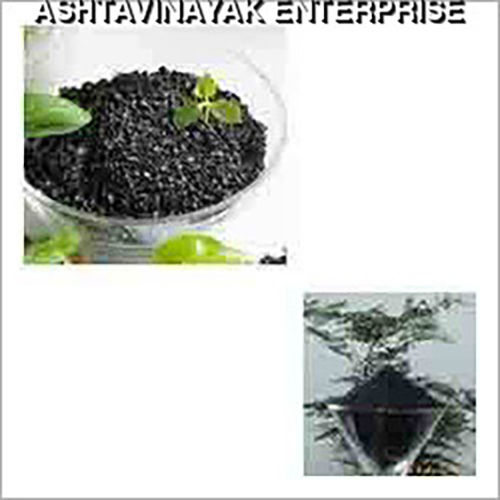
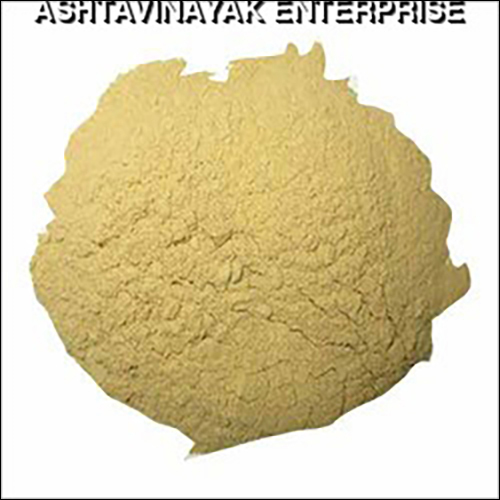
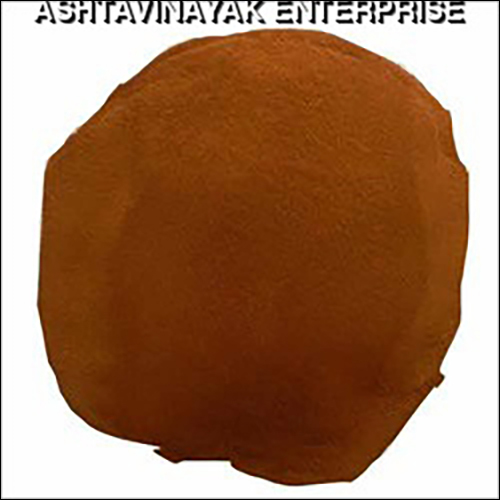
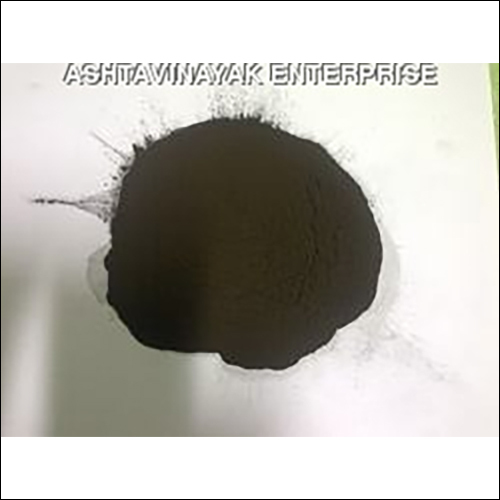


 Send Inquiry
Send Inquiry Send SMS
Send SMS